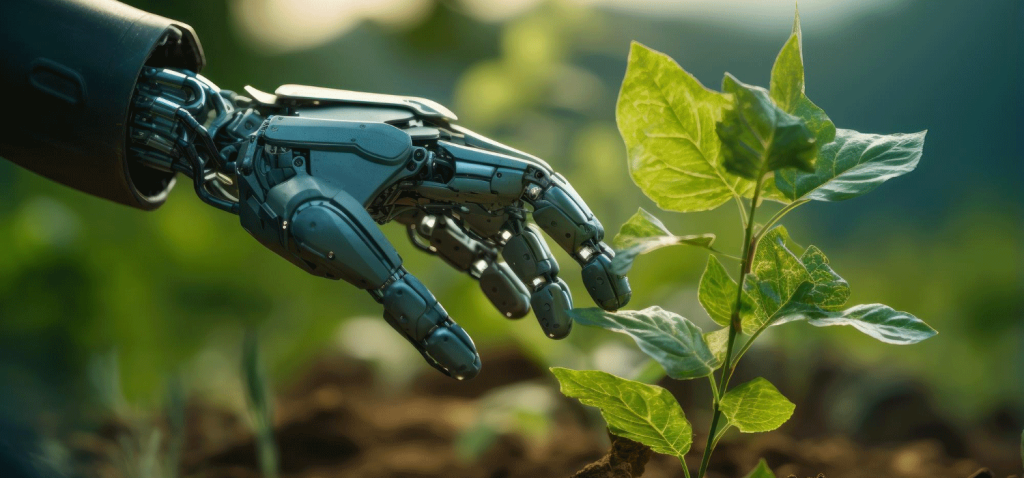Conveyors in Agriculture:
Conveyors have emerged as indispensable components in the agricultural sector, facilitating the seamless movement of crops and seeds throughout the production line. These mechanized systems eliminate the need for manual labor in transporting heavy loads, thereby reducing operational costs and increasing overall efficiency. From field to warehouse, conveyors ensure a continuous flow of agricultural produce, minimizing the risk of damage and ensuring timely processing.

Key Features of Conveyors:
1. Automation:
Conveyors bring a high degree of automation to seed processing. Automated conveyor systems can be programmed to transport specific quantities of seeds, sort them based on size or quality, and even integrate with other machinery for cleaning or coating processes. This level of automation not only accelerates the production cycle but also enhances precision.
2. Versatility:
Conveyors are versatile tools that can be customized to meet the specific needs of different crops and processing stages. Whether it’s gently transporting delicate seeds or efficiently handling larger volumes, conveyors can be adapted to accommodate various agricultural requirements.
Seed Processing Equipment Conveyors:
Seed processing equipment complements conveyors by providing specialized functionalities that contribute to the refinement of seeds before they are ready for planting. This equipment encompasses a range of devices designed to clean, separate, and coat seeds, ensuring they meet stringent quality standards.
Key Components of Seed Processing Equipment:
1. Seed Cleaners:
Seed cleaners use a combination of sieves, screens, and air flow to remove impurities such as dust, chaff, and other contaminants. This process enhances seed purity, promoting better germination rates and healthier crops.
2. Seed Separators:
Seed separators employ various techniques to separate seeds based on size, weight, or density. This ensures uniformity in the seed batch, leading to more consistent plant growth and yield.
3. Seed Coaters:
Seed coaters apply protective coatings to seeds, enhancing their resistance to diseases and environmental factors. This process not only safeguards the seeds during storage and transportation but also contributes to improved crop performance.
In conclusion, the integration of conveyors and seed processing equipment represents a significant leap forward in agricultural technology. These innovations not only streamline the production process but also contribute to higher-quality seeds, resulting in more robust and productive crops. As the agricultural sector continues to embrace technological advancements, the role of conveyors and seed processing equipment will undoubtedly become even more crucial in ensuring sustainable and efficient food production.
In conclusion, the integration of conveyors and seed processing equipment represents a significant leap forward in agricultural technology. These innovations not only streamline the production process but also contribute to higher-quality seeds, resulting in more robust and productive crops. As the agricultural sector continues to embrace technological advancements, the role of conveyors and seed processing equipment will undoubtedly become even more crucial in ensuring sustainable and efficient food production.
The seamless flow facilitated by conveyors ensures that seeds move through the processing line with precision and speed. This not only minimizes the risk of damage but also optimizes the utilization of other seed processing equipment. Conveyors act as the arteries of the agricultural production system, connecting each stage seamlessly and contributing to the overall efficiency of the seed processing journey. Their adaptability and automation capabilities make them indispensable tools for modern farmers seeking to enhance productivity and ensure the quality of their crops. In the evolving landscape of agriculture, conveyors stand as silent yet powerful partners in the quest for a more efficient and sustainable future.

